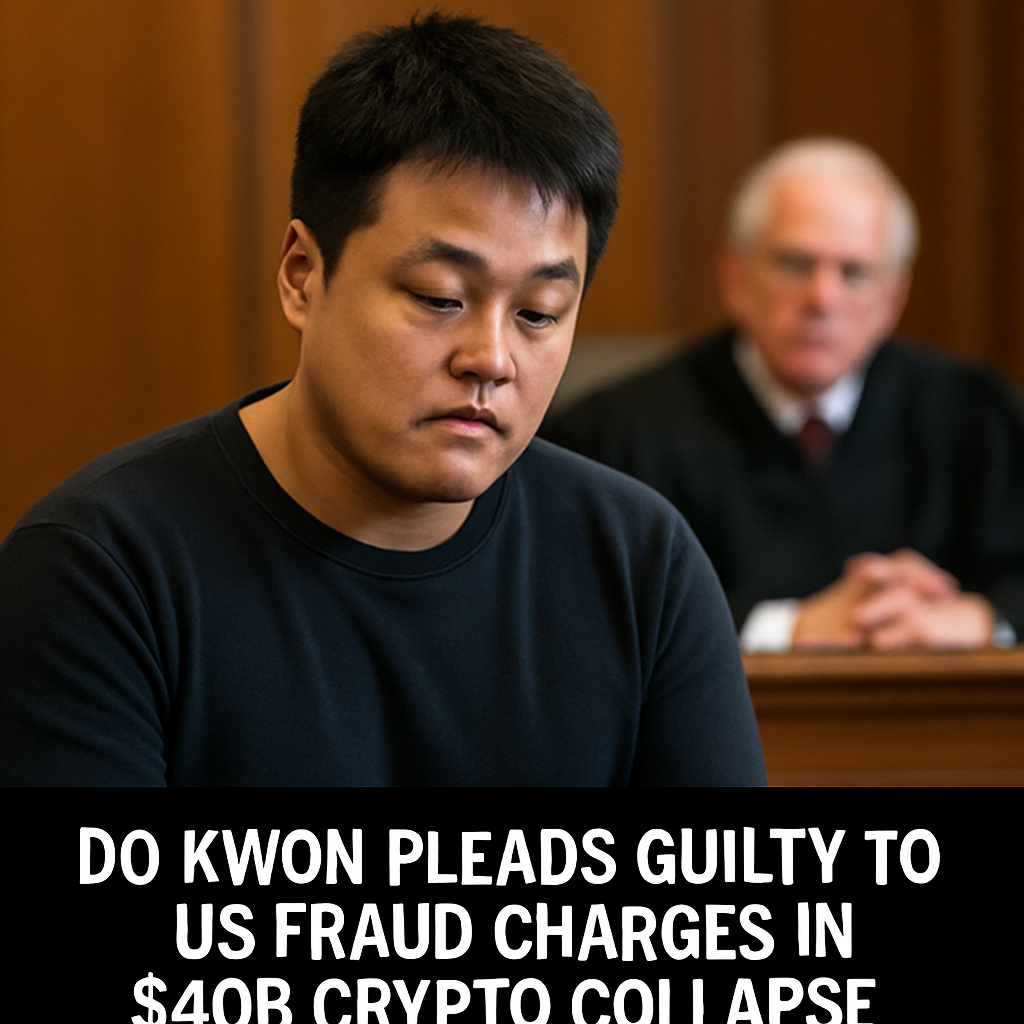On August 12, 2025, in the United States District Court for the Southern District of New York, Terraform Labs co-founder Do Kwon pleaded guilty to two federal charges: conspiracy to commit commodities and securities fraud and wire fraud. The plea marks a significant turn in one of the most high-profile cases in the history of cryptocurrency prosecutions. Kwon, who originally entered not guilty pleas in January 2025 to a nine-count indictment, now acknowledged that he knowingly made false and misleading statements about TerraUSD’s algorithmic stability during a period of high market euphoria.
The collapse of TerraUSD (UST) and its sister token Luna in May 2022 triggered an estimated $40 billion in losses and sent shockwaves through global markets. Prosecutors detailed that when the algorithmic stablecoin lost its peg to the US dollar in May 2021, Kwon falsely claimed to investors that a self-stabilizing mechanism had restored the value. In reality, evidence showed that he arranged for a third-party trading firm to purchase large quantities of UST to prop up its price. By pleading guilty, Kwon admitted to orchestrating these interventions and deceiving both retail and institutional stakeholders.
Under the terms of his plea agreement with the Manhattan U.S. Attorney’s Office, Kwon agreed to forfeit more than $19 million in proceeds and acknowledged responsibility for his actions. Although the statutory maximum penalty is 25 years in prison, prosecutors have consented to recommend no more than 12 years if he remains compliant. Sentencing is scheduled for December 11, 2025. This outcome follows a 2024 settlement with the U.S. Securities and Exchange Commission in which Kwon and Terraform Labs agreed to pay a combined $4.55 billion civil fine and to refrain from future crypto dealings.
The case reflects broader regulatory scrutiny of algorithmic stablecoins and market integrity in decentralized finance. Legal analysts note that Kwon’s guilty plea may accelerate potential transfer requests to serve part of his term outside the US, per international agreements. Observers expect the decision to influence ongoing debates on cryptocurrency regulation and may prompt new legislation focused on market transparency and consumer protection.

Comments (0)